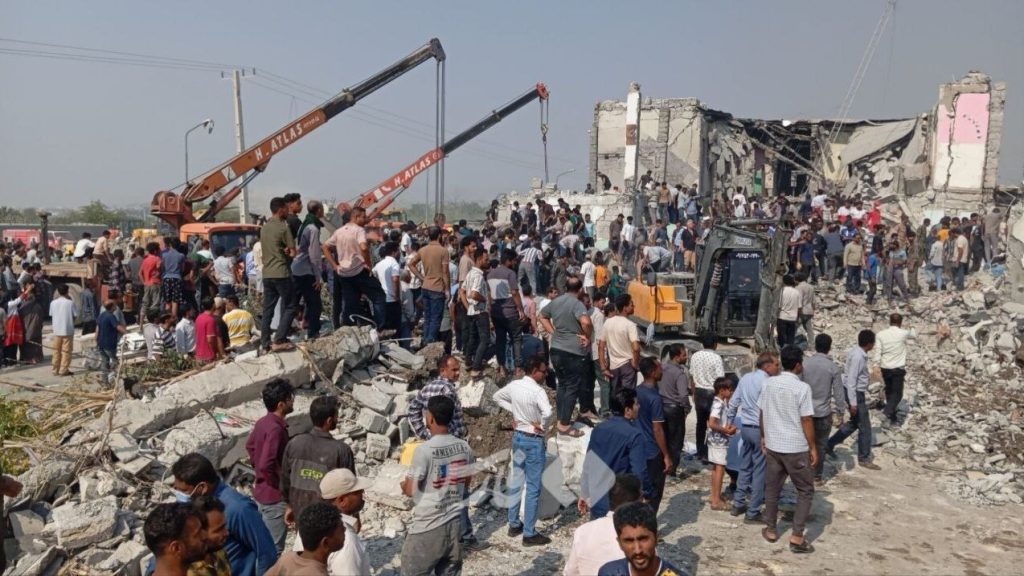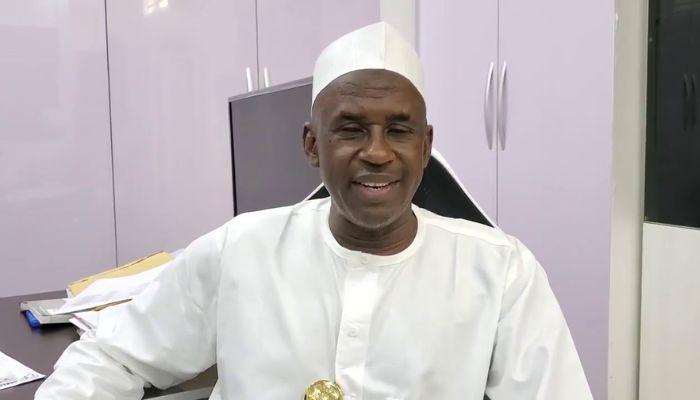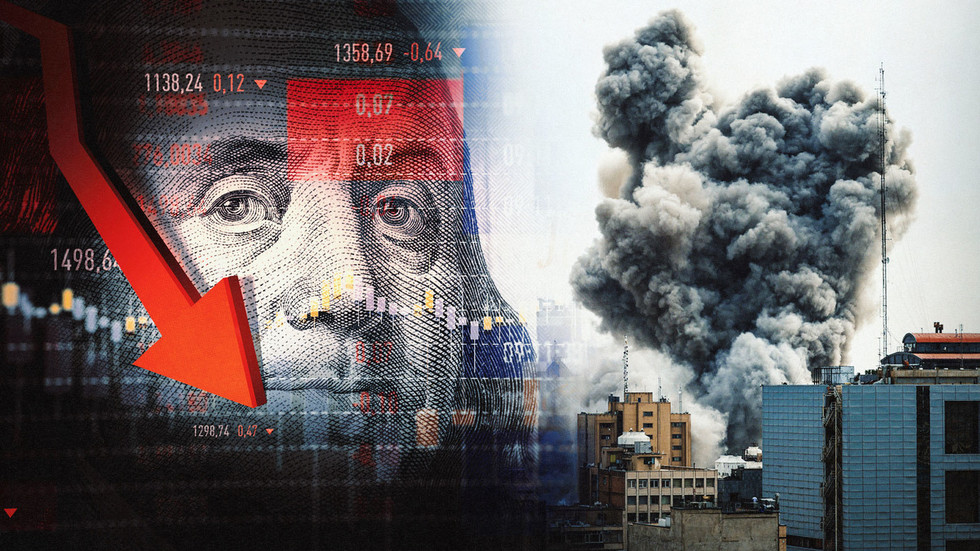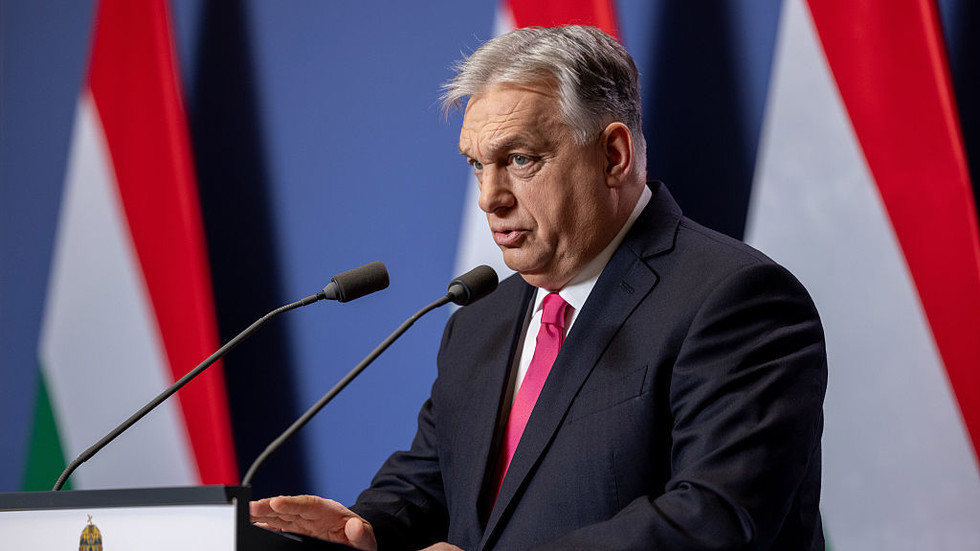The African Development Bank (AfDB) has pledged $40 million in blended financing to the Alliance for Green Infrastructure in Africa’s Project Development Fund (AGIA-PD), anchoring the fund’s initial close of $118 million. This milestone signals heightened momentum for mobilizing capital to advance climate-resilient infrastructure projects across Africa, ranging from renewable energy to sustainable transport systems.
The fund, backed by a coalition of development finance institutions, governments, and private investors, aims to de-risk early-stage projects and attract private-sector participation. Key contributors include Germany’s KfW, the West African Development Bank, the UK’s Foreign, Commonwealth & Development Office, the Three Cairns Group, and the Soros Economic Development Fund. The AfDB’s $40 million commitment comprises $20 million in grants, $10 million in commercial equity, and $10 million in junior equity from its Sustainable Energy Fund for Africa.
“This investment transcends financial support—it’s a strategic move to share risk and catalyze billions in private capital for Africa’s transition to low-carbon infrastructure,” said Solomon Quaynor, AfDB Vice President for Private Sector, Infrastructure, and Industrialization. The blended-finance model targets collaboration with both emerging and established developers, aiming to scale projects like solar farms, water treatment plants, and digital networks.
AGIA-PD forms part of a broader initiative led by the AfDB, African Union Commission, and infrastructure investor Africa50, which seeks to raise $500 million overall. Of this, $100 million is earmarked for project preparation, with the remainder accelerating development-ready ventures. The partnership, unveiled at COP27, aims to unlock a $10 billion pipeline of sustainable infrastructure investments.
Alain Ebobissé, CEO of Africa50, highlighted the initiative’s shift from “ambition to execution,” crediting partners for their trust. “By addressing early-stage funding gaps, we’re strengthening Africa’s capacity to deliver bankable projects that drive inclusive growth,” he added.
International partners echoed this sentiment. The UK’s Minister of State for Development, Jenny Chapman, linked the fund’s goals to climate resilience, noting its role in empowering communities through job creation and energy access. Germany, via KfW, committed €26 million to bolster public and private investments in renewable energy and digitalization.
Serge Ekue of the West African Development Bank emphasized reducing infrastructure deficits, while Three Cairns Group co-founder Mark Gallogly termed the fund’s progress “a critical enabler for unlocking economic vitality.” The Soros Economic Development Fund underscored its focus on climate justice, aiming to accelerate equitable transitions to clean energy.
With the first close secured, stakeholders now turn to scaling projects that align with Africa’s urgent needs: expanding access to clean energy, modernizing transport networks, and building resilience against climate shocks. The initiative reflects a growing consensus that bridging early-stage financing gaps is key to realizing the continent’s sustainable development ambitions.



